Rethinking Living Shorelines
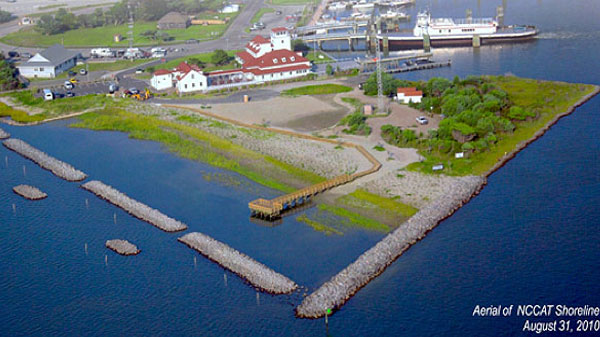
In response to the detrimental environmental impacts caused by traditional erosion control structures, environmental groups, state and federal resource management agencies, now advocate an approach known as “Living Shorelines” that embraces the use of natural habitat elements such as indigenous vegetation, to stabilize and protect eroding shorelines. By Orrin H. Pilkey, Rob Young, Norma Longo, Andy Coburn.
Salt-loving Plants Could Help Ease Food Crisis

Plant scientists said they had bred a strain of wheat that thrives in saline soils, boosting the quest to feed Earth’s growing population at a time of water stress and climate change. The first beneficiaries of this could be Japanese farmers whose fields were submerged by last year’s tsunami…
Climate change threatens Seychelles habitat
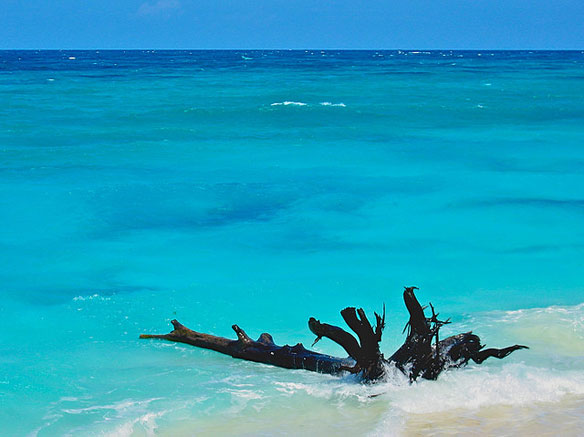
As changing season patterns bring harsher storms, storm surges, higher tides, and also much longer dry spells, international organisations are helping fight climate change in the tiny nation, the only one in the world where 50 percent of the land is a nature reserve.
Sea-Level Rise, Subsidence, and Wetland Loss
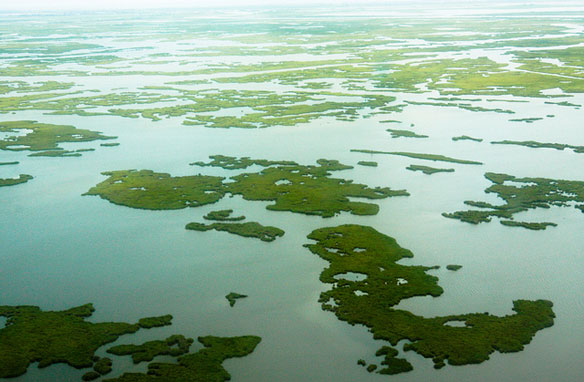
A USGS video describes causes of wetland loss in the Mississippi River Delta.
What Have Scientists Learned About the 2011 Japan Quake Cause and Consequences?
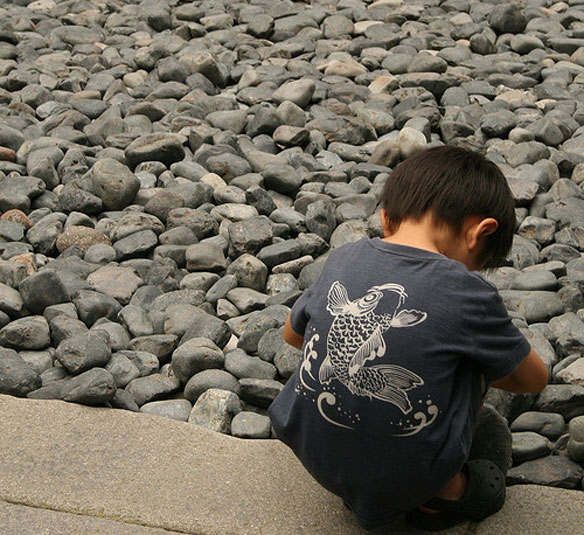
The last time something remotely similar had happened was more than 1,000 years ago and, even in a country that prides itself on its shared cultural memory of the distant past, that event had been largely forgotten. Since that time, much has changed. People and development have sprung up along the coast, along with a string of nuclear reactors. Everything, it seemed, had changed in the intervening millennium, except the ocean…
Kiribati: Entire Pacific Nation Could One Day Move to Fiji
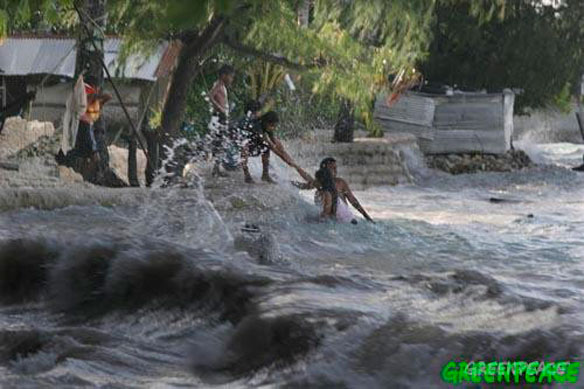
Fearing that climate change could wipe out their entire Pacific archipelago, the leaders of Kiribati are considering an unusual backup plan: moving the populace to Fiji.
Senate Approves States Receiving Gulf Spill Fines
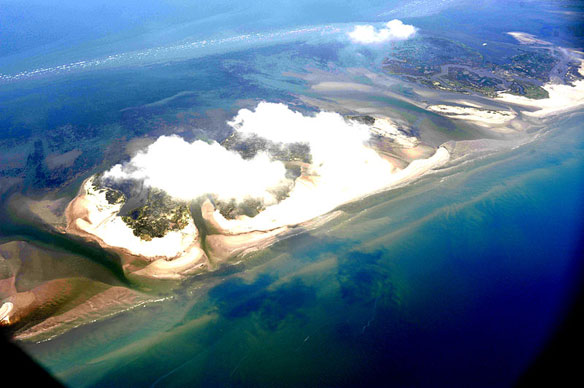
The Senate approved Thursday using the bulk of water pollution fines stemming from the 2010 Gulf oil spill to pay for restoration in five Gulf states, a move hailed by environmental groups and state officials.
When It Comes to Creating Wetlands, Mother Nature Is in Charge
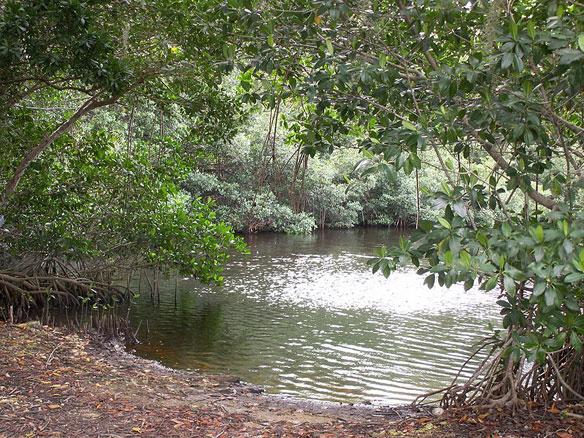
Fifteen years of studying two experimental wetlands has convinced a researcher that turning the reins over to Mother Nature makes the most sense when it comes to this area of ecological restoration.
Mass Dolphin Rescue Witnessed off Rio Coast
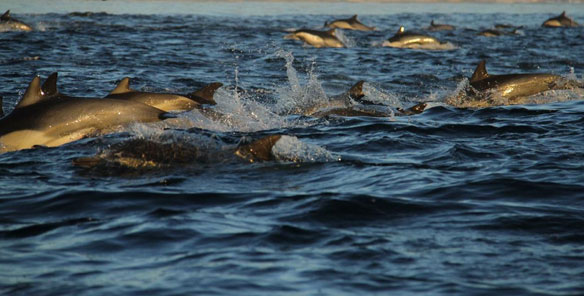
A dramatic video showing 30 beached dolphins being successfully rescued by beachgoers in Brazil has become an internet sensation.
